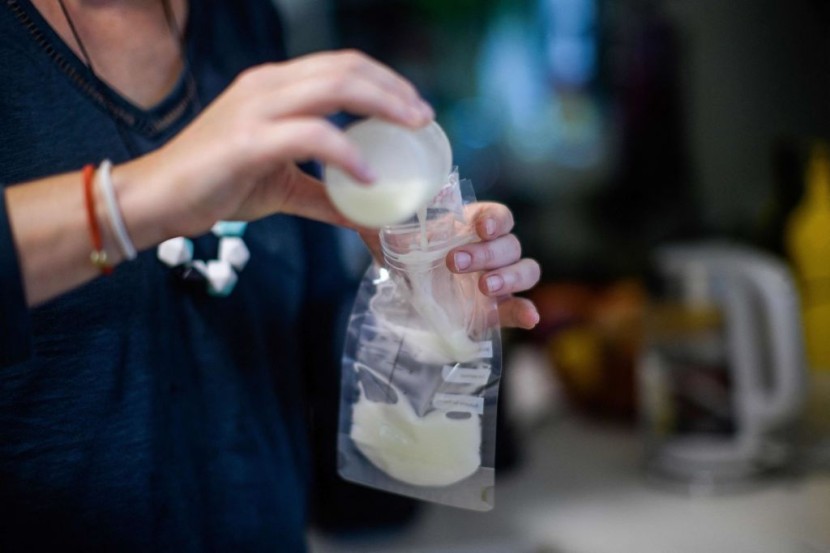
Last week marked the official implementation of the PUMP Act, a law that would make existing workplace protections available to an additional 9 million nursing parents.
Employers that fail to meet the legal requirements of providing a private area (not a restroom) and reasonable break time for employees to express breastmilk may now be sued. In December 2022, the measure received enough votes in Congress to pass.
Better Support for Nursing Mothers
Liz Morris, the deputy director of the Center for WorkLife Law, which collaborated on the model legislation upon which the PUMP Act is based, said the PUMP Act would correct loopholes and "unintentional" faults in a 2010 bill, the Break Time for Nursing Mothers Act.
According to USA Today, previous protections were limited to hourly workers eligible for overtime. And even then, workers were confined to their ability to seek restitution. Staff members could not file a lawsuit against their employer. Salary employees, such as teachers and nurses, are now the majority of those covered.
Since 83% of new mothers choose to breastfeed their infants, many working parents are left with only 12 weeks of unpaid leave through the Family and Medical Leave Act. While 69% of infants are breastfed at three months of age, this number drops to 56% by six months, according to 2019 data from the Centers for Disease Control and Prevention.
However, the PUMP Act may make breastfeeding easier for mothers.
According to Sascha Mayer, the regulation will go a long way toward raising awareness of nursing and the requirements of breastfeeding parents. She is the co-founder and chief experience officer of Mamava, the business that pioneered the lactation pods now commonplace in many airports, stadiums, and workplaces.
Mayer said that when nursing, she was shocked by how little thought was put into designing something vital to human existence. She said that having the PUMP Act bring attention to such a widespread phenomenon is a significant step forward.
Many people feel that nursing parents, especially moms, lack safeguards that the PUMP Act aims to remedy.
PUMP Act in a Nutshell
The Providing Urgent Maternal Protections (PUMP) for Nursing Mothers Act was included in the $1.7 trillion federal budget plan agreed by Congress on December 23, 2022. It received 92 yes votes in the Senate, with five no votes from Republican senators. The final tally in the House was 276 in favor and 149 against.
The bill extends the protections offered to breastfeeding employees to a broader range of professions, such as taxi and truck drivers and home care aides. It specifies how workers should be reimbursed if they pump at work. The act also provides them with a further legal remedy in case of a violation.
The provision of enough time and space for breastfeeding mothers became law on December 29, 2023, as the first section of the bill to take effect. Last week, the law's enforcement section took effect, allowing employees to sue their bosses for legal violations.








